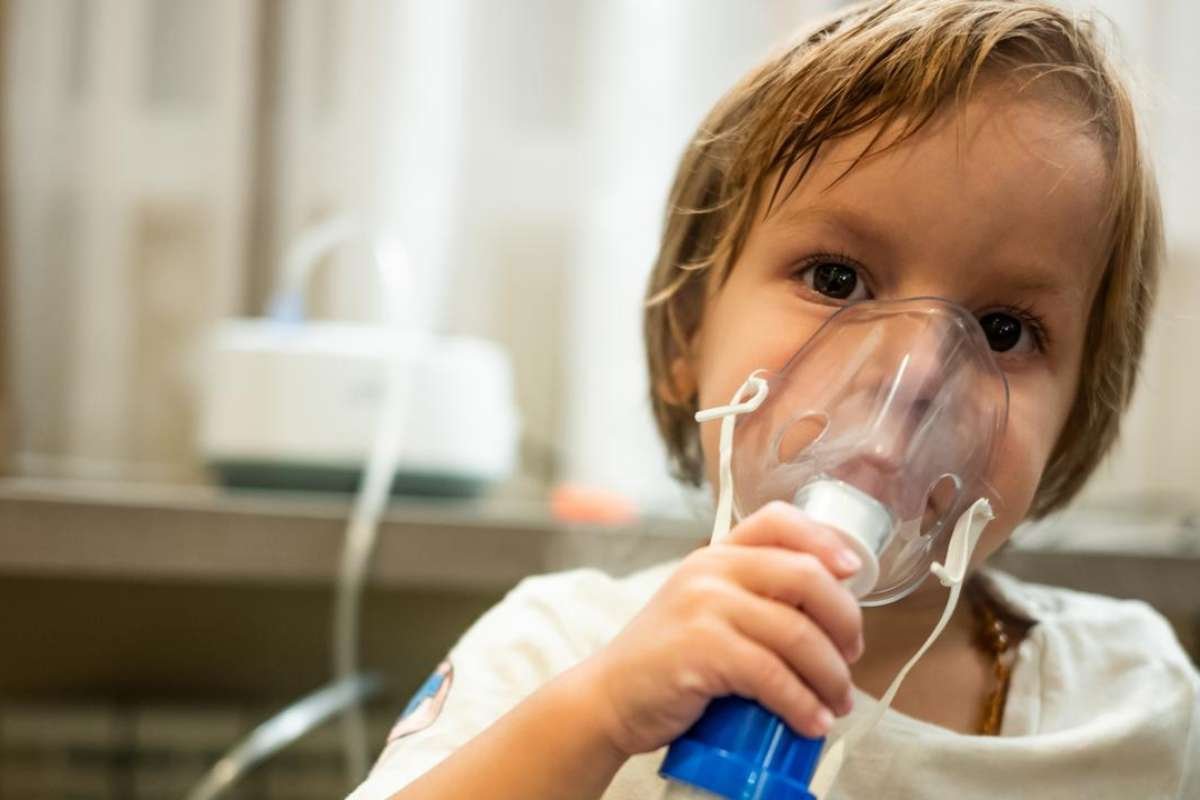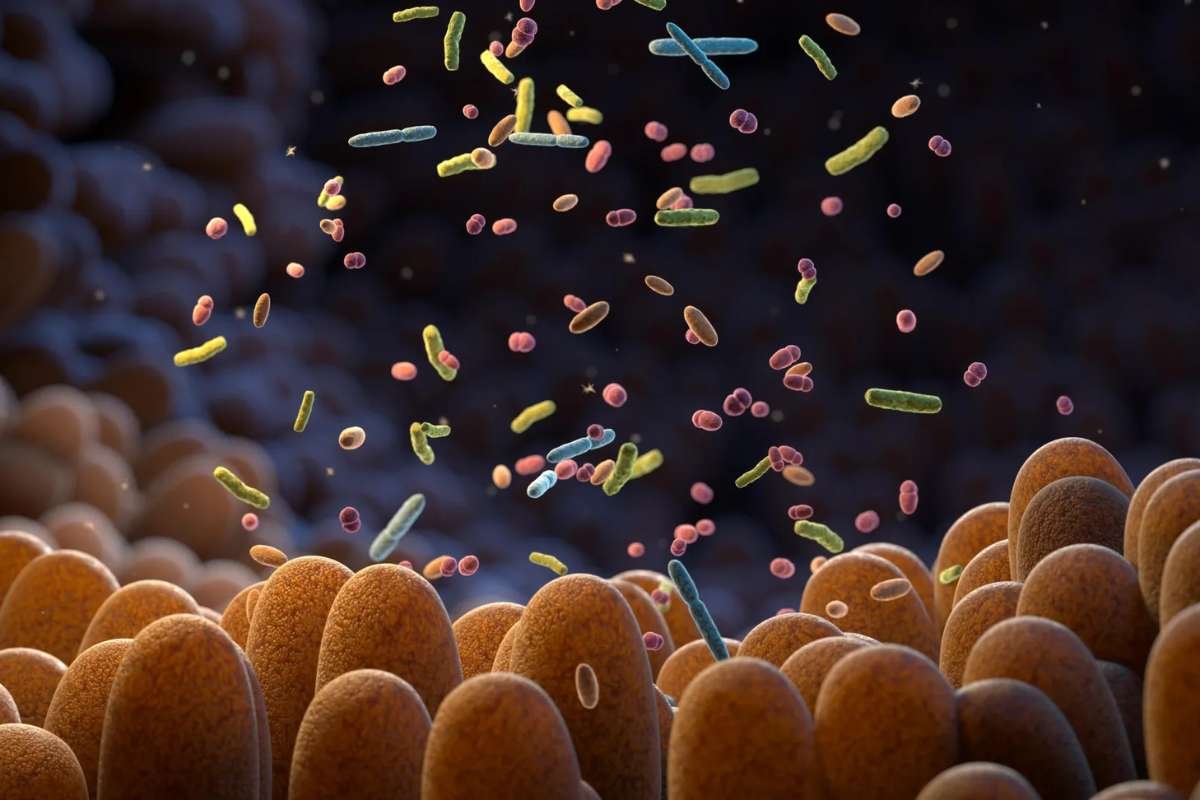Antibiotics and Asthma: A Growing Concern
The use of antibiotics during an infant’s first year of life has long been associated with an increased risk of childhood asthma. However, the precise mechanisms and pathways driving this connection remain unclear. Researchers at Monroe Carell Jr. Children’s Hospital at Vanderbilt are working to fill this knowledge gap by exploring how early antibiotic exposure influences asthma development and identifying strategies to mitigate the risks.
“Asthma, the most common chronic lung disease in children, currently has no preventive strategies,” explained Dr. Christian Rosas-Salazar, an assistant professor in Pediatrics, Allergy, Immunology, and Pulmonary Medicine at Monroe Carell. He emphasized the importance of understanding how antibiotics disrupt the infant microbiome and pinpointing critical periods when interventions could be most effective. This research aims to pave the way for designing therapies, such as probiotics or bacterial products, that allow antibiotics to be administered safely while minimizing the risk of asthma.
Study Highlights: Funding and Objectives
To advance this critical area of study, Dr. Rosas-Salazar secured $4.1 million in funding from the National Heart, Lung, and Blood Institute. Over the next five years, his team will conduct a study titled “Effect of Infant Antibiotics on the Development of Early-Life Airway and Gut Microbiome and Risk of Childhood Asthma.”
The research will utilize biospecimens and data from multiple birth cohorts across the United States, collected as part of the National Institutes of Health’s Environmental Influences on Child Health Outcomes (ECHO) program. By leveraging this extensive dataset, the team aims to uncover how antibiotic exposure alters the airway and gut microbiomes during infancy and assess its long-term impact on respiratory health.
Dr. Rosas-Salazar pointed out that while prior studies have linked early-life antibiotic use to microbiome disruption and asthma, existing techniques have struggled to accurately identify the specific bacterial species or microbiome functions involved. “This information is critical for designing effective interventions to prevent the long-term adverse effects of infant antibiotic use,” he noted.
Paving the Way for Future Interventions
The ultimate goal of this research is to reduce the burden of childhood asthma through microbiome-based therapeutics. By identifying the key bacterial species affected by antibiotics and the critical timeframes for intervention, the study aims to guide the development of innovative therapies, including probiotics and bacterial products, that can protect against asthma while enabling the safe use of antibiotics in early life.
This groundbreaking work represents a significant step toward addressing a major public health challenge. If successful, it could provide families and healthcare providers with tools to prevent asthma in children and improve the safety of essential antibiotic treatments. With asthma affecting millions of children worldwide, the findings could have far-reaching implications for pediatric health and well-being.







